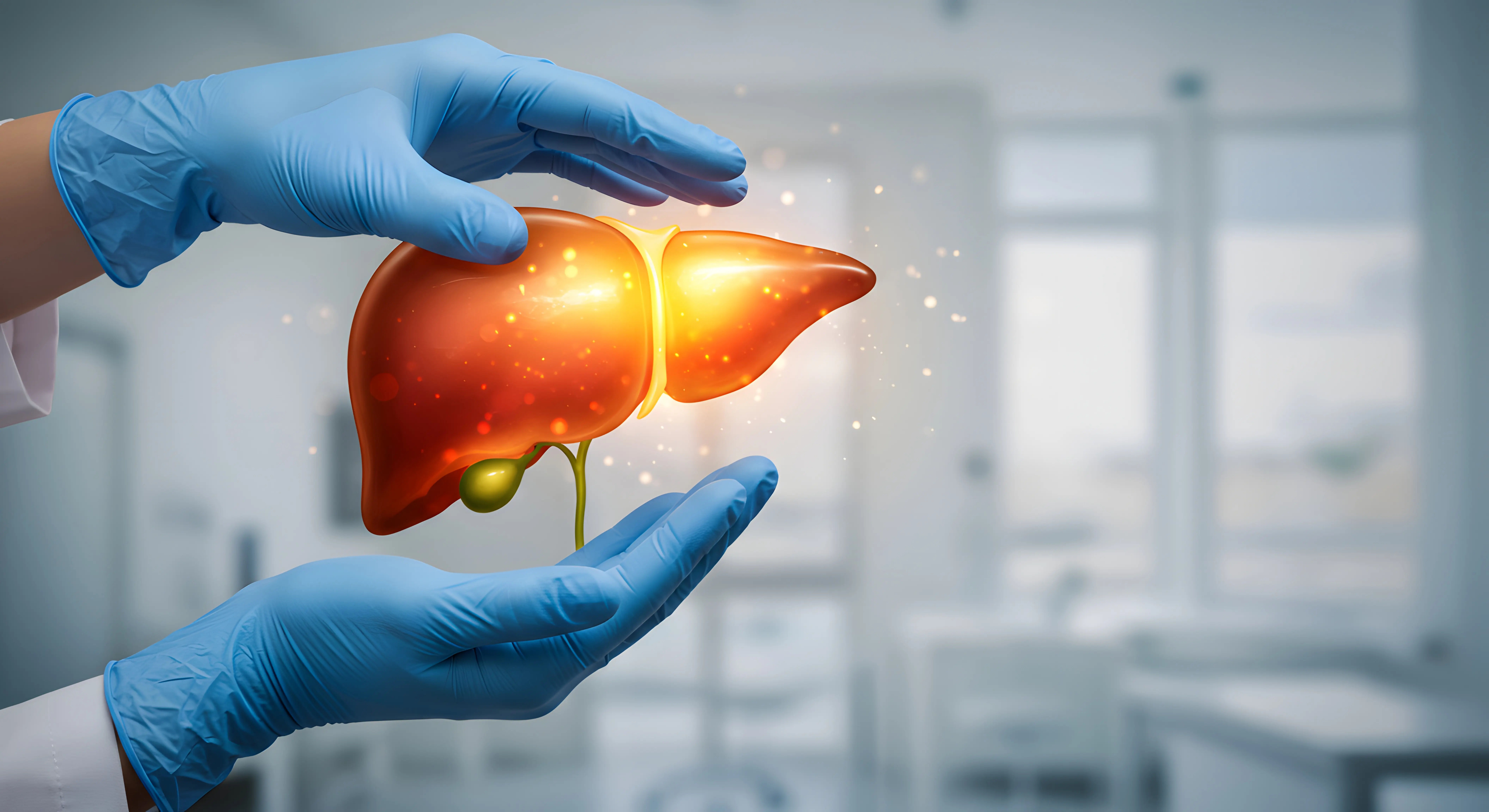Causes of Low Blood Pressure
Wondering what leads to low blood pressure? Our detailed guide explores the causes, from dehydration to serious medical conditions, and explains when to see a doctor.

Written by Dr. Siri Nallapu
Reviewed by Dr. Dhankecha Mayank Dineshbhai MBBS
Last updated on 13th Jan, 2026

Introduction
Feeling a sudden wave of dizziness when you stand up? Or perhaps a lingering fatigue that coffee just can't fix? You might be experiencing the effects of low blood pressure, medically known as hypotension. While high blood pressure (hypertension) often steals the spotlight in health discussions, understanding what leads to low blood pressure is equally crucial for your well-being. This condition occurs when the force of blood pushing against your artery walls is lower than normal, potentially reducing blood flow to your heart, brain, and other vital organs. In this article, we'll demystify the various causes of hypotension, from simple dehydration to underlying heart conditions. We'll explore the different types, symptoms to watch for, and most importantly, when it's time to seek medical advice. Whether you're managing a chronic condition or just curious about that occasional lightheadedness, this guide will provide the clarity you need.
Understanding Blood Pressure Basics
Before diving into the causes, it's helpful to understand what the numbers mean. Blood pressure is measured in millimeters of mercury (mm Hg) and is written with two numbers:
Systolic pressure (top number): The pressure in your arteries when your heart beats.
Diastolic pressure (bottom number): The pressure in your arteries when your heart rests between beats.
Normal blood pressure is typically around 120/80 mm Hg. Doctors generally define low blood pressure as a reading lower than 90 mm Hg systolic or 60 mm Hg diastolic. However, a reading that is low for one person might be perfectly normal for another. The key is whether symptoms are present.
Consult a General Physician for the best advice
Common Everyday Causes of Low Blood Pressure
For many people, hypotension is triggered by manageable, everyday factors. Recognizing these can often be the first step toward finding relief.
1. Dehydration: The Most Frequent Culprit
When you lose more water than you take in, it can lead to weakness, dizziness, and fatigue. Even mild dehydration can cause a drop in blood pressure. This happens because a decreased volume of bodily fluids reduces the amount of blood available to circulate, directly lowering pressure. Causes of dehydration include vomiting, severe diarrhea, overuse of diuretics, and excessive exercise without adequate fluid replenishment.
2. Nutritional Deficiencies and Diet
A lack of essential vitamins like B-12 and folate can prevent your body from producing enough red blood cells (a condition called anemia), leading to low blood pressure. Furthermore, not consuming enough calories or skipping meals can cause a significant post-meal dip in pressure, as your body diverts blood to aid digestion.
3. Prolonged Bed Rest and Lack of Activity
Being immobile for a long time, such as during a long illness or recovery from surgery, can cause your body to become deconditioned. The cardiovascular system doesn't have to work as hard, leading to an overall lower resting blood pressure, which can then cause dizziness upon trying to stand.
Medical Conditions That Lead to Low Blood Pressure
Sometimes, hypotension is a symptom of an underlying medical issue. These conditions require a doctor's diagnosis and management.
1. Heart and Cardiovascular Problems
Certain heart conditions prevent the organ from circulating enough blood, leading to low pressure. These include extremely low heart rate (bradycardia), heart valve problems, heart failure, and a recent heart attack. Essentially, if the "pump" isn't working correctly, pressure throughout the system will fall.
2. Endocrine System Disorders
Your endocrine system, which produces hormones, plays a key role in regulating blood pressure. Several disorders can disrupt this balance:
Thyroid conditions: Both an underactive thyroid (hypothyroidism) and an overactive thyroid (hyperthyroidism) can cause hypotension.
Addison's disease: This adrenal insufficiency leads to a deficiency in hormones like cortisol, which is crucial for maintaining blood pressure.
Low blood sugar (hypoglycaemia) and, in some cases, diabetes can also affect BP regulation.
3. Severe Infection (Septicaemia)
When an infection in the body enters the bloodstream, it can lead to a life-threatening drop in blood pressure called septic shock. This is a medical emergency where toxins released by the bacteria trigger a massive dilation of blood vessels, causing pressure to plummet dangerously.
4. Significant Blood Loss
Losing a large amount of blood from a major injury or internal bleeding rapidly reduces the amount of blood in your body, leading to a severe drop in blood pressure.
Medication-Induced Hypotension
Many prescription drugs have the potential side effect of lowering blood pressure. It's one of the most common reasons for developing hypotension. If you are on any of the following and experience symptoms, talk to your doctor; they may adjust your dosage or switch your medication.
Diuretics (water pills)
Alpha and beta blockers (for high blood pressure or heart disease)
Medications for Parkinson's disease
Certain types of antidepressants (tricyclic antidepressants)
Drugs for erectile dysfunction (especially when taken with nitroglycerin for heart disease)
Types of Low Blood Pressure
Doctors often classify hypotension into different categories based on what causes the blood pressure to drop.
1. Orthostatic Hypotension (Postural Hypotension)
This is the sudden drop in blood pressure that occurs when you stand up from a sitting or lying down position. It's common and usually lasts only a few seconds. It's caused by gravity pulling blood into your legs, and while your body usually compensates quickly, sometimes the reaction is delayed. This is a primary reason for feeling dizzy when standing up.
2. Postprandial Hypotension
This refers to a drop in blood pressure that occurs 1 to 2 hours after eating. It's most common in older adults, especially those with high blood pressure or autonomic nervous system disorders like Parkinson's disease. After a meal, blood flows to your digestive tract. Normally, your body increases your heart rate and constricts certain blood vessels to maintain normal pressure. If this mechanism fails, dizziness and falls can occur.
3. Neurally Mediated Hypotension (NMH)
This disorder causes a drop in blood pressure after standing for long periods. It mostly affects young adults and children and seems to occur due to a miscommunication between the heart and the brain. Instead of telling the heart to beat faster and raise pressure, the brain mistakenly signals that blood pressure is too high.
When to see a Doctor: Recognizing Serious Symptoms
Occasional minor dizziness might not be a cause for alarm. However, you should seek medical attention if you experience:
Blurred vision
Confusion or difficulty concentrating
Fainting (syncope)
Nausea
Cold, clammy, pale skin
Rapid, shallow breathing
Extreme fatigue
These symptoms can point to an underlying condition that needs treatment. If you experience a sudden, significant drop in blood pressure or it's accompanied by chest pain or shortness of breath, seek emergency care immediately.
Conclusion: Understanding the "Why" Behind Low BP
Low blood pressure is far from a one-note issue. As we've explored, the path to what leads to low blood pressure can be as simple as not drinking enough water on a hot day or as complex as an underlying heart condition. The key takeaway is to listen to your body. While occasional, mild lightheadedness might be managed by increasing your fluid and salt intake (if your doctor approves), persistent or severe symptoms are a clear signal that your body needs help.
Don't dismiss recurring dizziness as just "being tired." It's your body's way of waving a red flag. A healthcare professional can help you pinpoint the exact cause, whether it's a medication side effect, a nutritional deficiency, or a more serious health issue, and create a management plan tailored to you. By understanding the potential triggers and causes, you are empowered to have a more informed conversation with your doctor and take proactive steps toward maintaining your cardiovascular health.
Consult a General Physician for the best advice
Consult a General Physician for the best advice

Dr. Vivek D
General Physician
4 Years • MBBS
Bengaluru
PRESTIGE SHANTHINIKETAN - SOCIETY CLINIC, Bengaluru

Dr Syed Mateen Pasha
General Physician
2 Years • MBBS
Bengaluru
PRESTIGE SHANTHINIKETAN - SOCIETY CLINIC, Bengaluru

Dr. Syed Ismail Ali
General Practitioner
7 Years • MBBS
Hyderabad
Apollo 24|7 Clinic, Hyderabad

Dr. Srujana Mulakalapalli
General Physician/ Internal Medicine Specialist
5 Years • MBBS, MD (GENERAL MEDICINE)
Bengaluru
Apollo Medical Center, Marathahalli, Bengaluru
(25+ Patients)

Dr. Harshendra Jaiswal
General Physician/ Internal Medicine Specialist
12 Years • MBBS , MD (General medicine)
Kolkata
108 DHANA DHANVANTARI Clinic, Kolkata
(25+ Patients)




